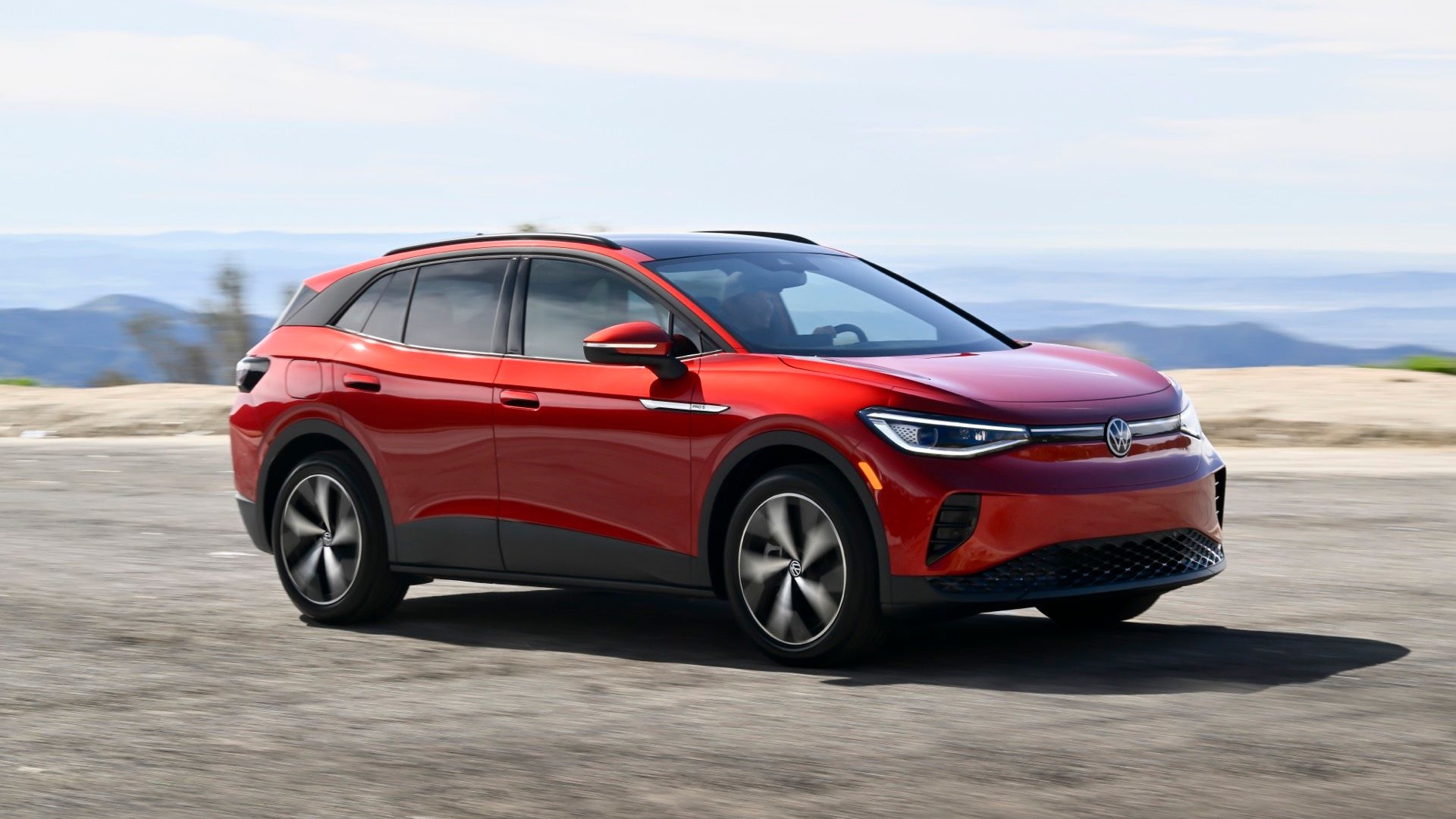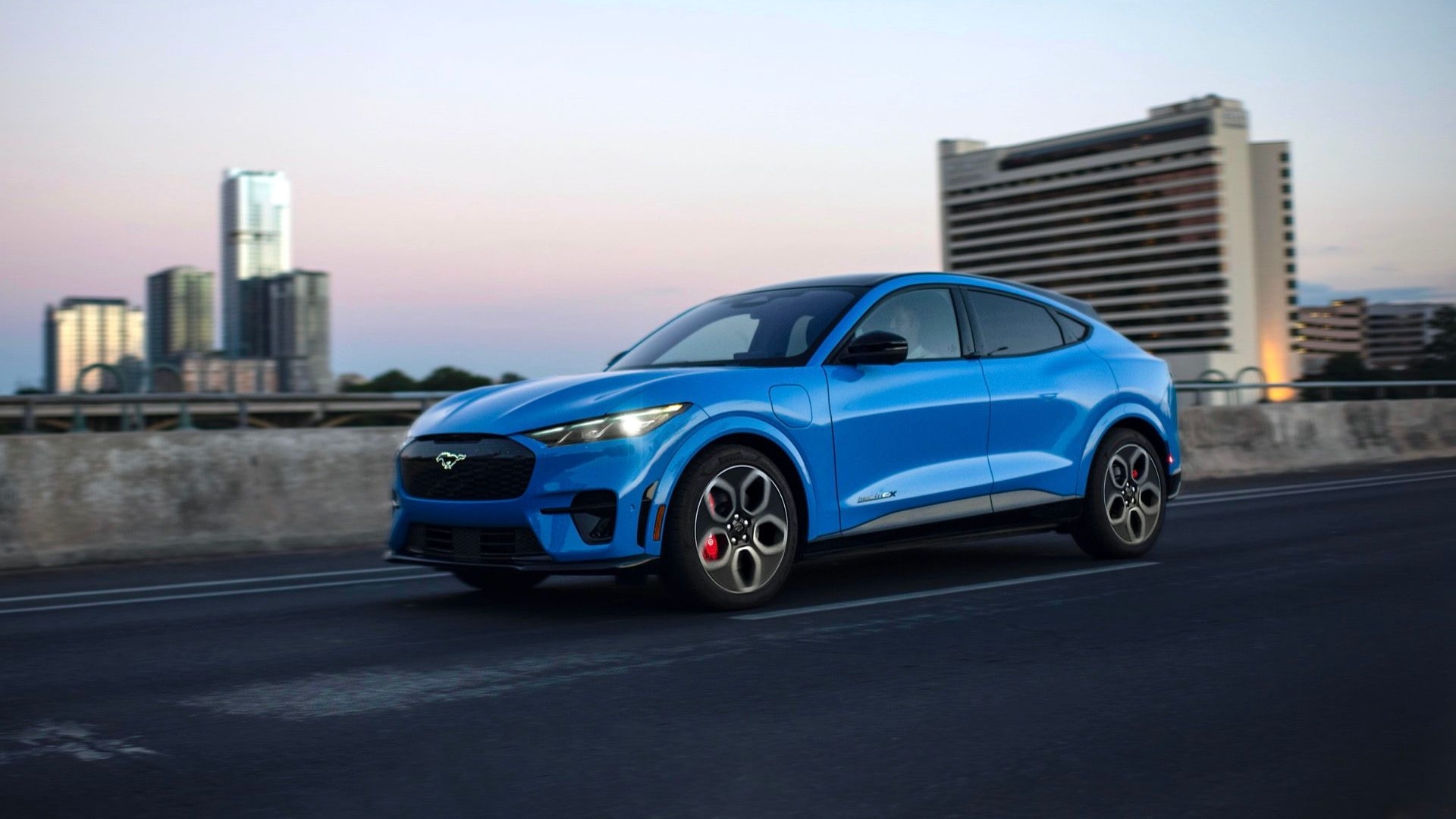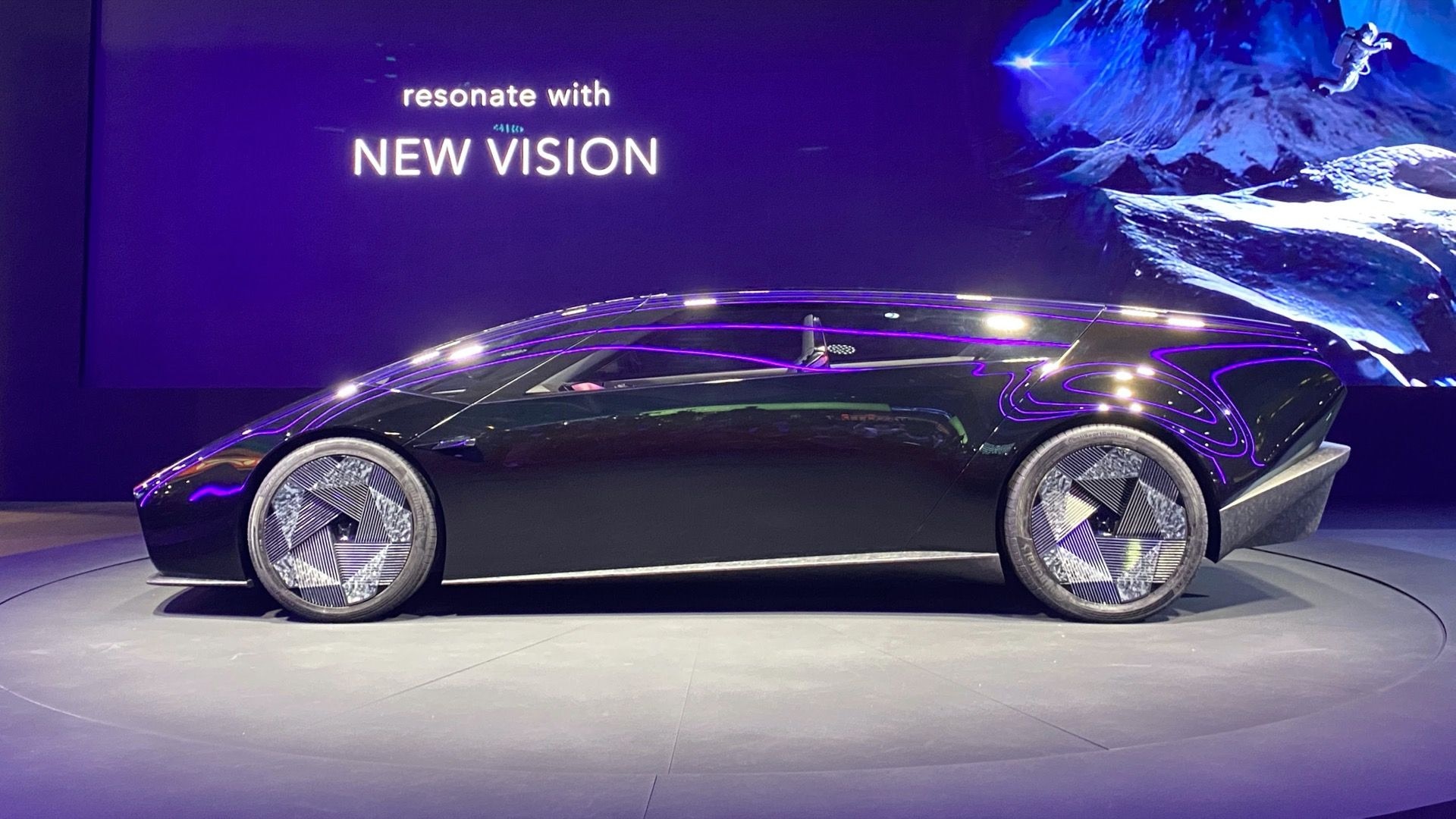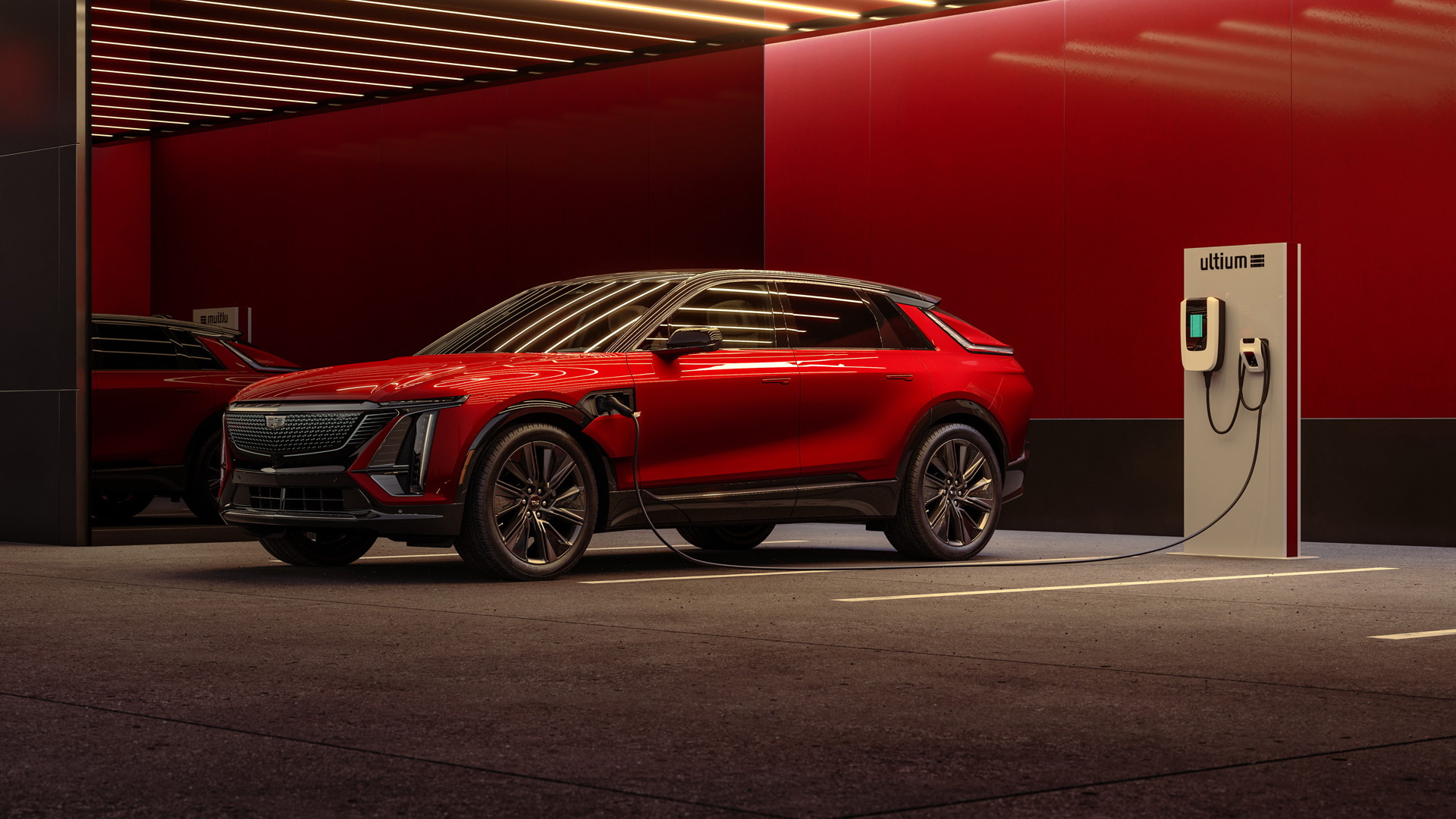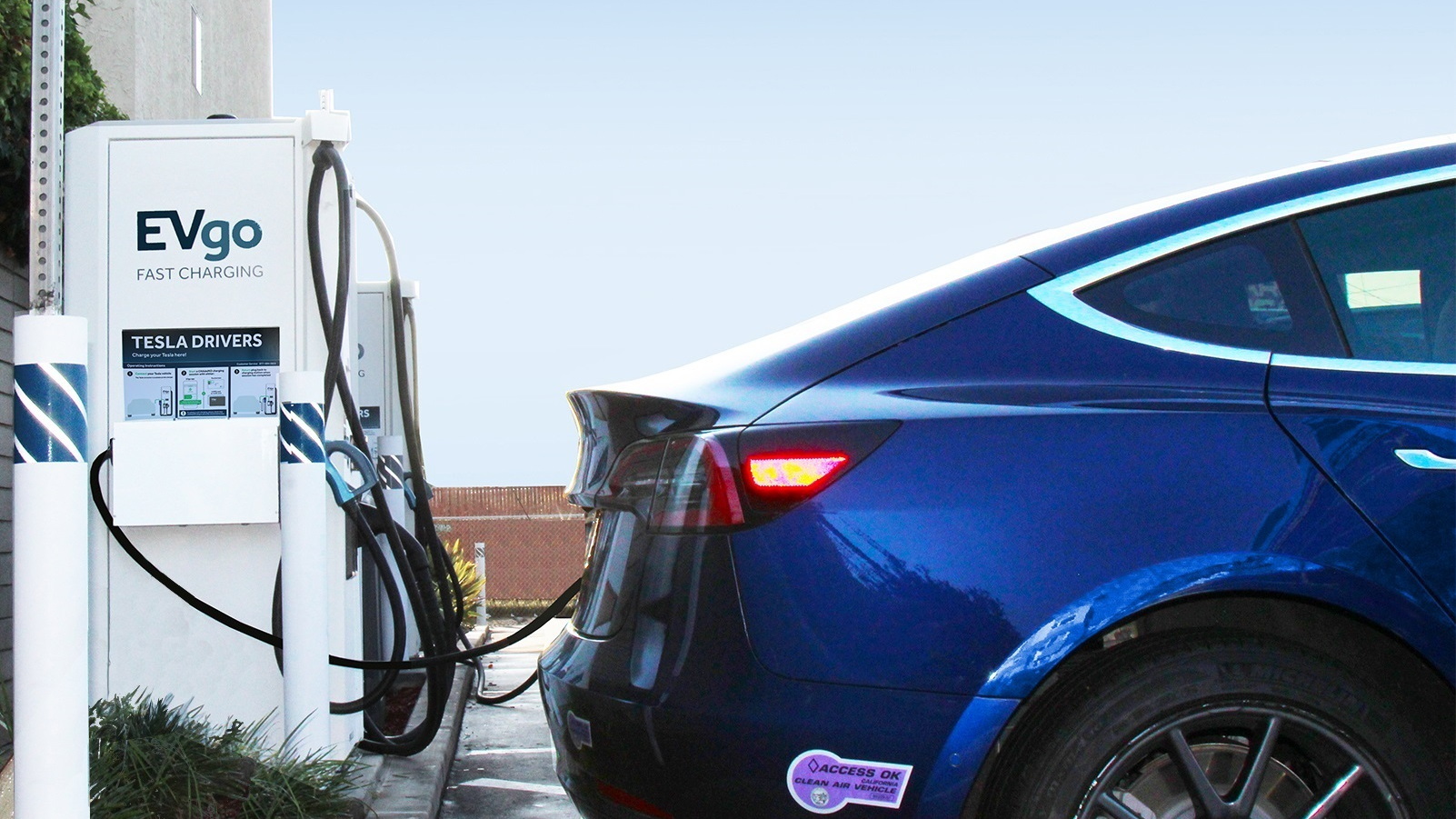It's been a rough year for lithium-ion battery maker A123 Systems, but the Massachusetts company is forging ahead.
This morning, it introduced a new battery technology it calls Nanophosphate EXT, which A123 says can operate at extreme temperatures without requiring the degree of heating or cooling found in today's electric cars to keep the battery pack at the right operating temperature to protect the cells.
Most electric and range-extended electric cars today--although not the current Nissan Leaf--have some form of "thermal conditioning," often liquid coolant and radiators, to remove excess heat from their battery packs. Pumping coolant through this system eats up energy and reduces on-road range.
A123 says that its Nanophosphate EXT cells deliver "high power, energy and cycle life capabilities over a wider temperature range," and that it would open new markets for its iron-phosphate cells.
The company said results thus far from testing at the Center for Automotive Research (CAR) at Ohio State University suggests that the Nanophosphate EXT cells retain more than 90 percent of their energy capacity even after 2,000 full charge-discharge cycles at a temperature of 45 degrees Celsius.
That's equivalent to completely depleting an electric car's range at temperatures above 110 degrees Fahrenheit every single weekday for seven and a half years.
A123 noted that CAR is also now testing its new cells at the other end of the scale, in temperatures as low as -30 degrees Celsius (-22 degrees Fahrenheit), and initial results suggest that the Nanophosphate EXT cells deliver 20 percent more power than its current line of cells at that temperature.
The performance of the new cells is "unlike anything we’ve ever seen from lead acid, lithium ion or any other battery technology,” said Yann Guezennec, senior fellow at CAR and professor of mechanical engineering at Ohio State.
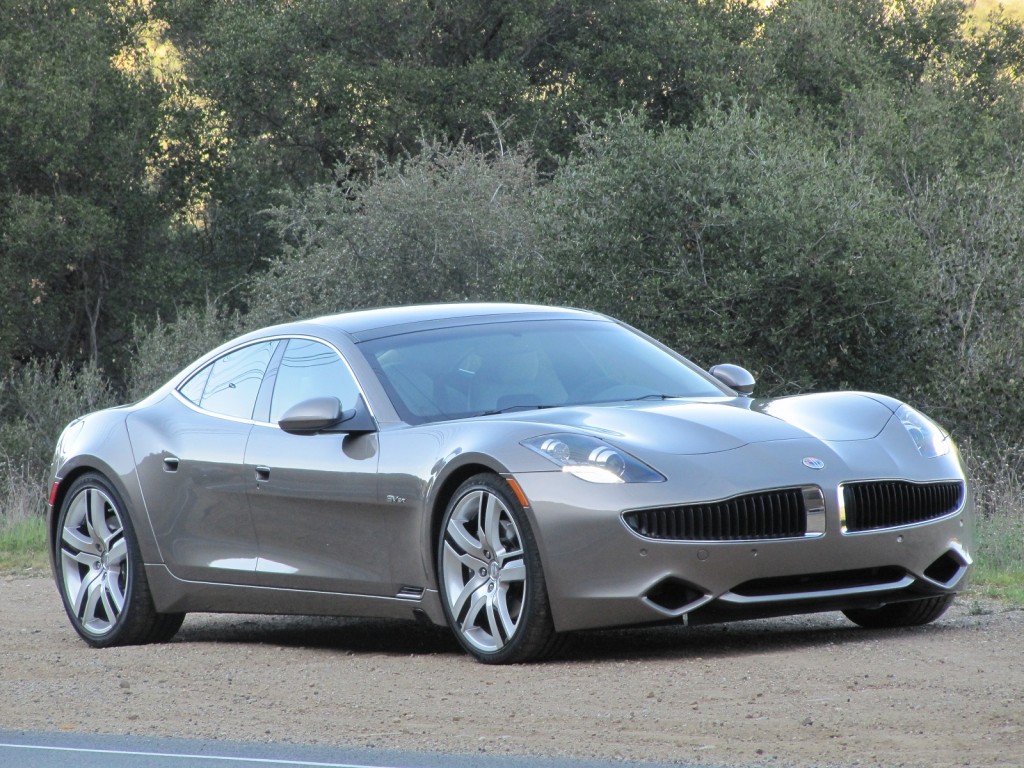
2012 Fisker Karma during road test, Los Angeles, Feb 2012
If the low-temperature tests also demonstrate better power delivery, Guezennec said, the new cells could be a "game-changing battery breakthrough for the electrification of transportation, including the emerging micro-hybrid vehicle segment.”
Better cold-weather performance could enable lithium-ion cells to be used in 12-Volt starter batteries, which would likely weigh only one-quarter to one-half what today's lead-acid batteries do. Lead-acid has remained the technology of choice for starter batteries simply because it retains its power output even in frigid winter temperatures.
That weight reduction could prove very appealing to carmakers who must reduce vehicle weight as one way to meet increasingly stringent fuel efficiency requirements.
Similarly, if vehicle makers are able to prove in their own battery testing that A123's Nanophosphate EXT cells can deliver the necessary life and performance without thermal conditioning, that would reduce the weight, complexity, and cost of future plug-in vehicles--bringing down their cost and moving them closer to mass-market competitiveness.
A123 said today that the Nanophosphate EXT technology will be used in 20-Amp-hour prismatic cells that will enter volume production between January and June next year. It is now assessing whether it will offer the technology in its other cell formats as well.
![A123 Systems share price for year up to April 13, 2012 [Google Finance] A123 Systems share price for year up to April 13, 2012 [Google Finance]](https://images.hgmsites.net/lrg/a123-systems-share-price-for-year-up-to-april-13-2012-google-finance_100388230_l.jpg)
A123 Systems share price for year up to April 13, 2012 [Google Finance]
Today, the 2012 Fisker Karma is the sole plug-in vehicle in production to use A123 cells. In March, the company had to recall hundreds of battery packs fitted to Karmas that had already been built and shipped, after A123 revealed a manufacturing flaw affecting cells from its Livonia, Michigan, fabrication plant.
The battery of the upcoming 2013 Chevrolet Spark EV will also use the company's batteries, though it is only a low-volume "compliance car" and will not be built in the tens of thousands.
Gases from A123 cells being tested for that Spark EV battery were apparently the cause of an early April explosion at the GM Battery Lab that injured several workers.
In late May, A123 issued a regulatory filing saying there was "substantial doubt" about its future viability as a going concern due to steep losses projected over the next several quarters. It is seeking to raise additional funds and exploring "other strategic alternatives."
+++++++++++








